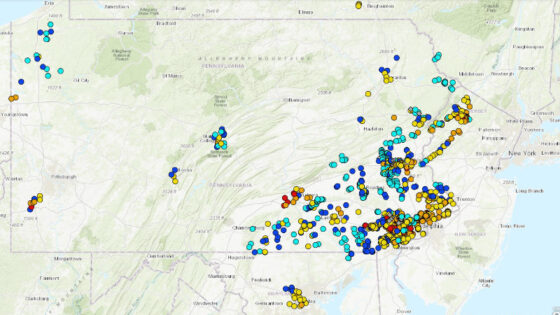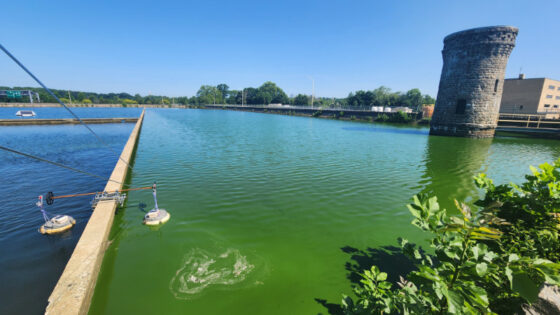Stroud Center president Bern Sweeney, Ph.D., and Jamie Blaine published an op-ed piece in the September 2016 issue of Freshwater Science proposing a new system to reward private behavior to protect freshwater resources.
Stream and river systems are a critical component of the world’s commons, providing a public good that is essential to all life. Almost half the stream and river systems in the USA are in poor condition because thousands of institutions and millions of people have historically made—and continue to make—poor decisions about watershed stewardship. The widespread adoption of best management practices (BMPs) in homes, offices, farms, and factories would do a great deal to mitigate existing impairments and prevent further degradation. Recent advances in technology, which allow precise and relatively inexpensive measurements of BMPs’ effectiveness, can provide an unprecedented level of accountability and make possible the use of incentives not previously available. We propose that incentivization can and should supplement education and legislation in promoting the adoption of BMPs, and we focus on rural and agricultural watersheds to explore how to incentivize BMPs to improve conservation, restoration, and preservation practices.
To expand their audience, they wrote a post in The Nature Conservancy’s “Cool Green Science” blog; Sweeney spoke about the experience in a recent Society of Freshwater Science newsletter.



